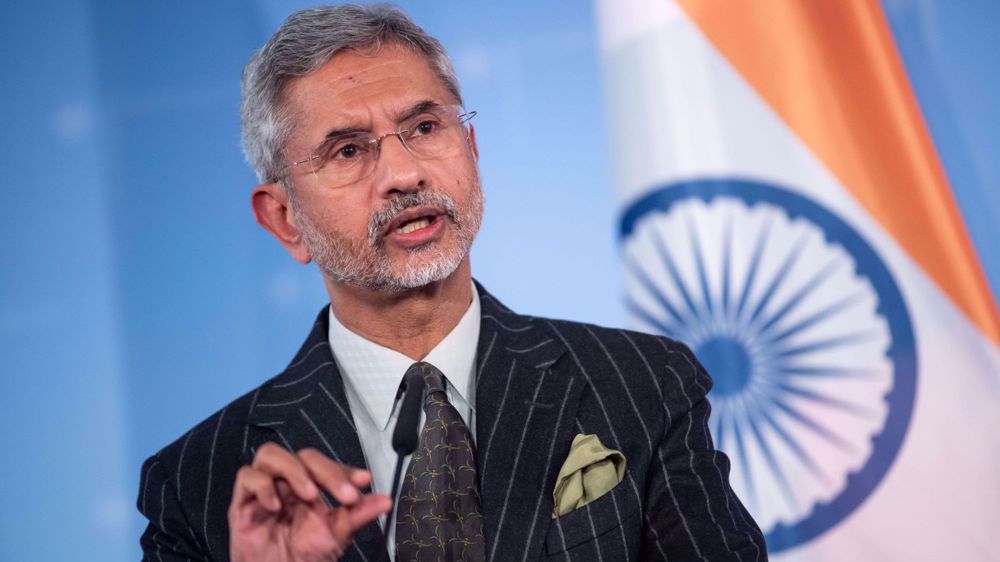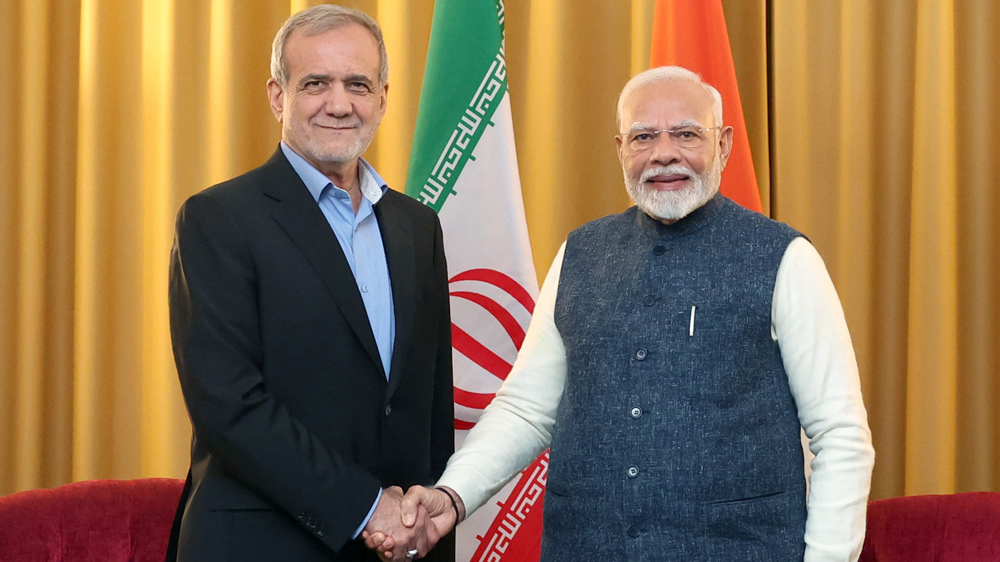India imposes curfew-like restrictions in Kashmir
Government forces in Indian-administered Kashmir have enforced tough restrictions in a bid to block a planned protest march in the disputed Himalayan region.
On Wednesday, a large number of Indian paramilitary troops patrolled streets and set up barbed-wire barricades in Srinagar, the summer capital of the Kashmir region.
Normal life was badly disrupted across the scenic valley due to the curfew-like restrictions imposed by Indian authorities. Almost all businesses and schools remained closed, and public transport stayed off the streets of several major towns across the Muslim-majority region.

The security clampdown comes after Kashmiri pro-independence leader Syed Ali Shah Geelani appealed for a massive march against the killing of a young protester who died during clashes with Indian security forces on November 7.
The developments came after Indian troops violently attacked pro-independence demonstrators on Saturday, killing one person, identified as Gowhar Ahmad Dar, 22, and injuring several others.
The violence followed a day-long visit by Prime Minister Narendra Modi to the restive region. In the run-up to Modi’s visit, hundreds of pro-independence figures were detained to prevent anti-India protests.

The New Delhi government has deployed large contingents of police and paramilitary troops to most parts of Srinagar and several other major towns to prevent street demonstrations.
Indian troops are also in constant clashes with the armed groups seeking independence across the valley.
Thousands of people have been killed in violence in Kashmir since the 1980s.
Kashmir is divided between India and Pakistan, with both claiming sovereignty over the entire region. The two countries have fought two wars over the territory since they were partitioned in 1947. Both neighbors claim Kashmir in full, but have partial control over it.
Israel admits assassinating Hamas leader, vows to inflict same fate on Yemeni fighters, people
VIDEO | Yemeni forces repel US-British attack, down F-18 Jet
Iran’s capabilities vast; enemy’s ‘maximum pressure’ policies all failed miserably: Senior official
Iran’s economy grew 2.7% y/y in Sep quarter: CBI
VIDEO | Freelancers in Gaza strive to stay online amid genocide
Mikati demands Israel's withdrawal from south Lebanon
Yemeni army strikes Israeli military sites with drones
‘Clock ticking’: UNRWA slams unjustifiable killing of children in Gaza










 This makes it easy to access the Press TV website
This makes it easy to access the Press TV website